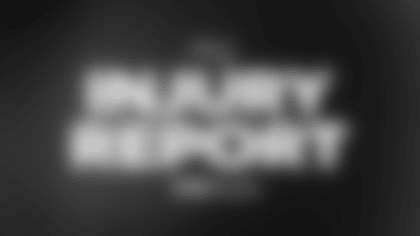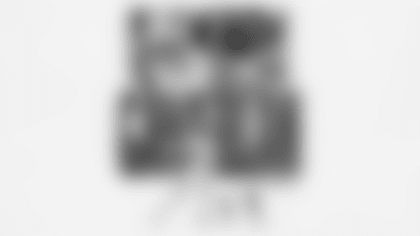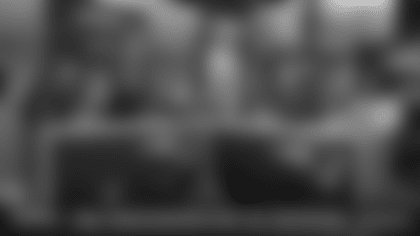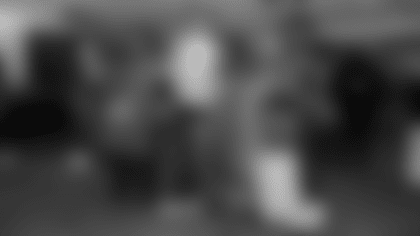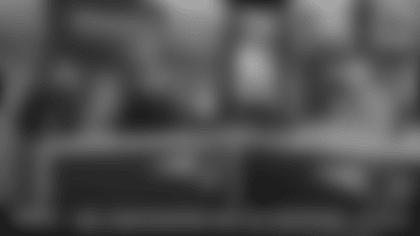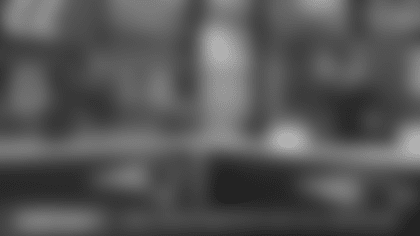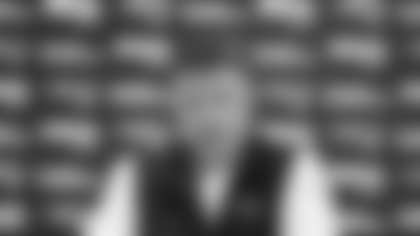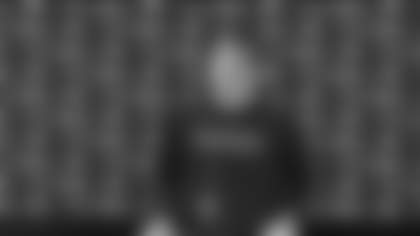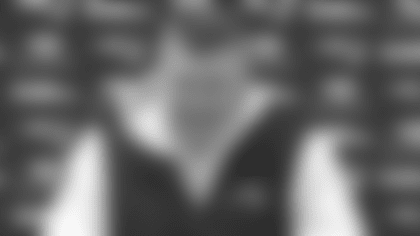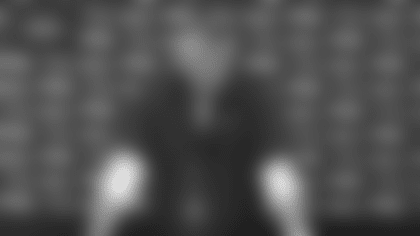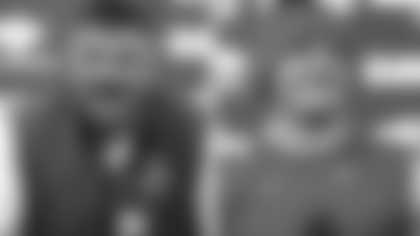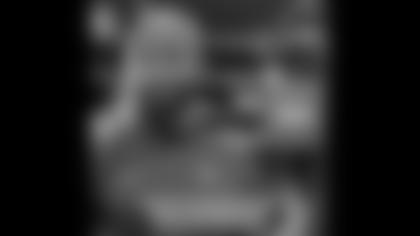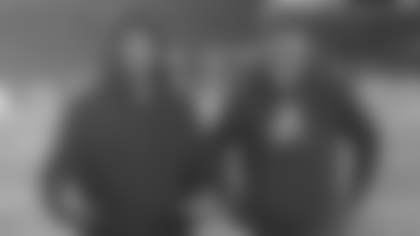PATRIOTS HEAD COACH BILL BELICHICK
PRESS CONFERENCE
October 30, 2023
Q: I wanted to check in about JuJu Smith-Schuster. He mentioned last night that he was a later factor in the game as part of the receiver rotation early on, but that changed obviously towards the end of the game as injuries came about. What do you perceive his role currently is on the team and do you expect him to be a major part of the receiver snaps moving forward if guys like [DeVante] Parker and [Kendrick] Bourne aren't available?
BB: Well look, JuJu's missed a couple of games there and it was good to get him back yesterday. He did a good job for us when he got his opportunities there later in the game. It looks like he will be physically ready to go. So, it'll be good to have him back.
Q: How important is it, to you, that your players are protected, and do you feel like they are being protected in, I guess, the last game?
BB: Yeah, I think it's really important.
Q: And what is the process that you go through if you feel like that is not happening?
BB: Well, let's hope it happens.
Q: Good morning, Bill. Just kind of get your general message to the team at this point regarding sticking with the process, as opposed to thinking about record and things of that nature and obviously all the injuries that took place. What's kind of your general message to the group in terms of continuing to be on the path you want them to be on?
BB: I will talk to them today. We talked briefly in the locker room after the game, but we'll talk to them today and just go from there.
Q: In regards to Kyle Dugger's performance yesterday, just generally your thoughts on how he played, how active he was, but also some of the developments you've seen as a leader and an individual that seems like a playmaker on that side of the ball?
BB: Yeah, Kyle had a lot of production yesterday. When Ja'Whaun [Bentley] went out, he took over the signal calling. So, he does a good job in that area. Kyle's a smart kid that helps us in a lot of different ways. He's a versatile player in the running game, passing game, kicking game. He had a productive day yesterday.
Q: What are you thinking heading into the trade deadline tomorrow, balancing what you currently have with getting a head start maybe on next year?
BB: Yeah, we just got back from Miami late last night, so working through the game and we'll deal with that here over the – whatever period of time there is — I don't know.
Q: On the guards, was that part of the plan going in, to rotate the two rookies?
BB: Yeah. Play all three guys.
Q: And on [Deatrich] Wise [Jr.], on defense, how much – he was on the injury report – was that sort of a factor in what you could do with him, as part of the game plan with what he was dealing with physically?
BB: Deatrich is a tough kid, he's out there. Just some things to work around, but I thought he competed well.
Q: Then the last one that I had. Just on time of possession, they possessed it almost 36 minutes, obviously the fourth downs were part of that. When you watch the game over what did you see – I mean, I'm sure it's a combination of factors – but what did you see as maybe the things that contributed most to that disparity?
BB: Just like you said. A combination of factors, both sides contributed to that.
Q: Back to the deadline, when those meetings with the personnel department take place, what will your thoughts be? What will your pitch be to them?
BB: It will depend on what we're talking about, I don't know.
Q: On player safety, what is kind of the marriage, in your view, between how the officials officiate the game and how the players play the game? In instances where, you know, it's targeting to the helmet and things of that nature. What are you looking for in terms of how you teach players about how they're supposed to play and what role does the officiating play in making sure things are taken care of?
BB: I'm not following. What do you mean how do I feel about the way we teach it? We teach what the rules are. We teach player safety. We teach all of the things that you're not allowed to do. We drill so we don't do those. So, I don't know what you're talking about. We don't teach targeting. We don't teach leading with the head. We don't teach tripping. We don't teach facemasks. We don't teach horse collars. We don't teach any of that stuff. We never teach that, never have. We teach the exact opposite. How to do it properly so we don't get those infractions. Now, inevitably sometimes they occur, but that's never taught.
Q: But instances like yesterday, is it more of an onus on the player knowing what he's supposed to be doing in that instance, and not targeting with the helmet, or on the official for not calling it in that instance, how does that kind of balance in your view?
BB: You control what you can control. We can't control what the official does. We control what we do, and we try to do things properly and we instruct them properly. But, look inevitably sometimes things happen that coach doesn't want to happen, the player doesn't want it to happen and sometimes they happen. I don't think they're intentional. That's not the case. On our end, I'm not speaking for anybody else, I'm just saying we don't coach that, I don't think our players intentionally do those things. Do they occur occasionally? Yeah, sometimes they do. Nobody wants to get penalized out there. We're not intentionally doing things to get penalized.
Q: Just to be clear, I was referring to that [DeVante] Parker instance where he was hit, not saying there was anything from your direction. I was wondering how that kind of… between how coaches coach and versus officials, you know, official and what type of roles they play, just to clarify.
Q: On the radio a short while ago, you mention that it's impossible to handle all the duties of being a head coach and also all the duties of, sort of doing all the jobs that's required of running a personnel department. I guess, to give us a better understanding, what is the procedure for the New England Patriots, for seeking trades and going through trades? Because, as you just said, just coming off Miami and getting back, it doesn't give you a lot of runway between now and the trade deadline. What's the process of the personnel department coming to you with these sorts of action they're hearing on the trade deadline and how does that sort of get run up the ladder to you guys, and how much time can you devote to yourself to making decisions heading into the trade deadline? How difficult is it for you?
BB: Personnel department handles personnel. Coaching department handles coaching, and we join together on a regular basis to talk about both. If things come up that are applicable, then we act on them. So, if we need something on a coaching end, we make the personnel department aware of that. If they see an opportunity that would help the team, then we talk about that. So, that's the same way it's been ever since I've been here. I mean, different people doing it but that's what we do. I mean, I can't keep track of all the personnel in the league, you kidding me? And, out of the league, guys that are available, free agent work outs and all that. That's not just one person in the personnel department, that's pro personnel, college personnel, advanced scouting. I mean, there's a lot of people involved in that, just like there's a lot of people involved in the coaching end of it.





